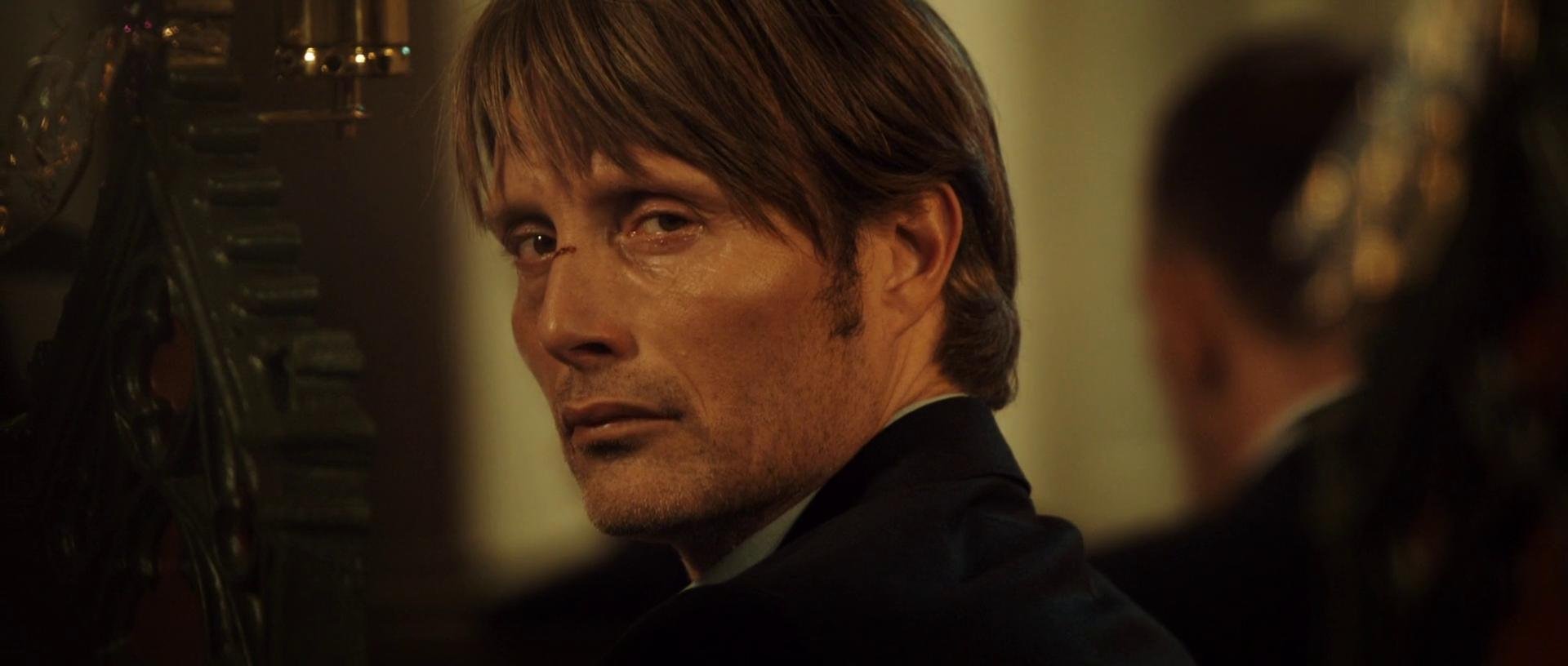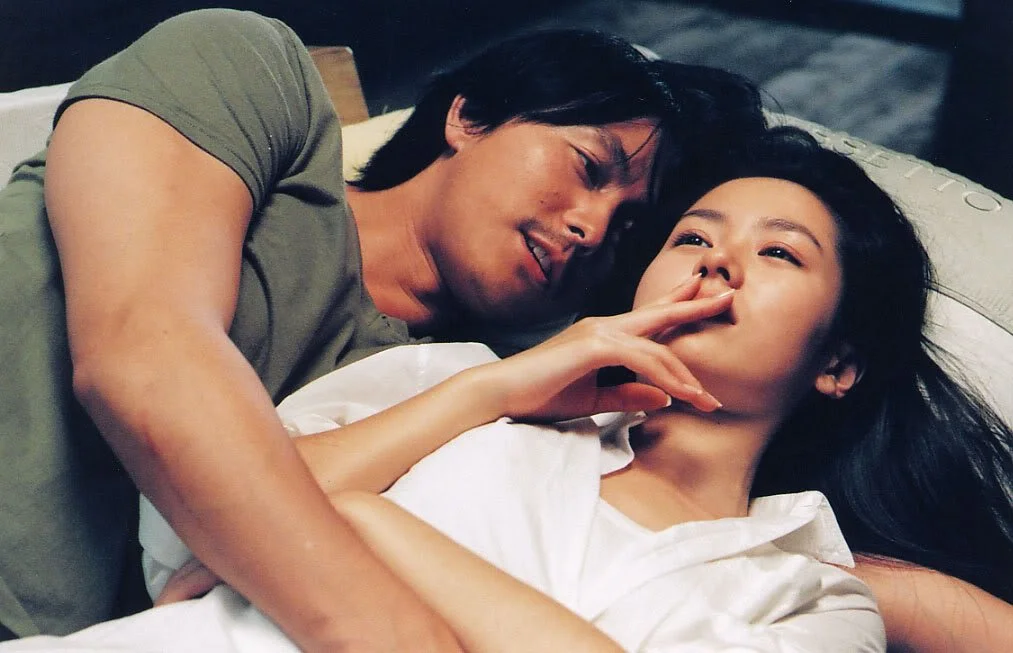Poetry (2010)
A sacred slow burn.
Presentation:
Lee Chang Dong poetically crafts an emotional story of a woman with Alzheimers dealing with a heinous family crime. This is one of those films where the story is more about the character. It’s likely for mature audiences and fans of Lee Chang Dong’s work, which has his signature sensitive and literary style. It excels in many places Peppermint Candy fails, but will still be much slower than the visually reminiscent Burning. The grandmother is extremely sympathetic and you feel as though she could be your own auntie. The child is perhaps one of the most horrid characters devised, conveyed masterfully through so little. It’s not common to genuinely want to hurt someone through the screen. It all feels real and raw. The film is beautiful but just like his older films, the image quality and color are questionable. I can’t help but feel how much better the visuals would be if it was shot the same way as Burning but you’ll likely still feel a similar beauty in surprising ways. The Korean director really finds beauty in the most ordinary places.
Story:
All Lee Chang Dong's characters are emotionally ambiguous. I really don't know how I feel about the kid, but I really hate him, probably because he has portrayed him as such a normal relatable adolescent. It's really shocking how familiar he feels, probably in a subconsciously shameful way. I just can't get over how powerful it was to make him absolutely indifferent to a girl killing herself despite being his fault. It makes you want to scream at the characters or seek justice or confrontation - a very well executed character.
Analysis:
The elderly woman has alzheimers and as the film explicitly states, this garners a lot of empathy. You really feel what she's going through even though she never addresses anything aside from a few tears, it kinda crushes you especially when you get to the main conflict. Sexual perversion is a prevalent theme here, it is the reason for the son's despicable crime and also how to fix it. She ultimately engages in a reluctant sexual favor to extort 5 million won from the man, a sexual act in order to cover up another sexual act. So she is ultimately the one to be punished for the son's crime. And yet she reports him to the police, a very interesting turn of events likely because he would not take accountability in the slightest. It can be interpreted that the boy is a metaphor for the unflinchingly stubborn brutality of life, which is often hard to find any redeeming poetic qualities. I believe the message is finding beauty and poetry through even the most challenging actions. During the poetry lessons the teacher often states that poetry is when something speaks to you. Just like the police officer's poems that are somewhat dirty, there can also be poetry within them. At first confused and offended by the dirty poems, she then understands this and cries outside until she reports it to the officer. She still loves her grandson and even though she doesn't want to have sex with the older man, there is beauty in her intention. She has a very passive approach to everthing, which is essentially the main point of the ambiguous poem, "Can I convey… the confession I dared not make?" A fleeting moment of beauty illustrating that poetry can flow even in the darkest pits of life. Like the river at the beginning and final scene, life is like a river, constantly flowing no matter what tragedies fall in.
Conclusion:
Though masterfully restrained, this may be too slow for many with things only taking off halfway through where you will suddenly feel a tsunami of beauty and sorrow. With a film titled Poetry, you should already know if you’ll like this kind of film. However, it’s definitely very possible that some audiences may feel nothing and find the presentation boring. For those that have the patience, it’s emotionally invasive, creeping up on you and permeating how you’ll see things even after the credits roll. The sensibilities of the once writer turned director are evident, hoping to stir feelings within you that you didn’t know you had. As the last sacred scene fades, only then you’ll understand you just watched a 2 hour long poem.
Sort by
- action 80
- adventure 52
- animation 28
- biographical 39
- chinese 14
- comedy 56
- coming of age 21
- crime 84
- culinary 8
- detective 17
- documentary 7
- drama 250
- driving 7
- experimental 17
- fantasy 49
- french 10
- german 3
- heist 9
- historical 26
- horror 66
- japanese 10
- korean 11
- lgb 3
- music 17
- mystery 79
- norwegian 1
- psychological 34
- romance 48
- russian 1
- satire 16
- sci-fi 56
- spanish 6
- sports 7
- superhero 9
- suspense 23
- swedish 1
- thai 1
- thriller 137
- war 21
- western 10
- zombie 5
- 🌶 3
- 🌶🌶 31
- 🌶🌶🌶 144
- 🌶🌶🌶🌶 205
- 🌶🌶🌶🌶🌶 61







































War isn’t about who’s right, rather who’s left.